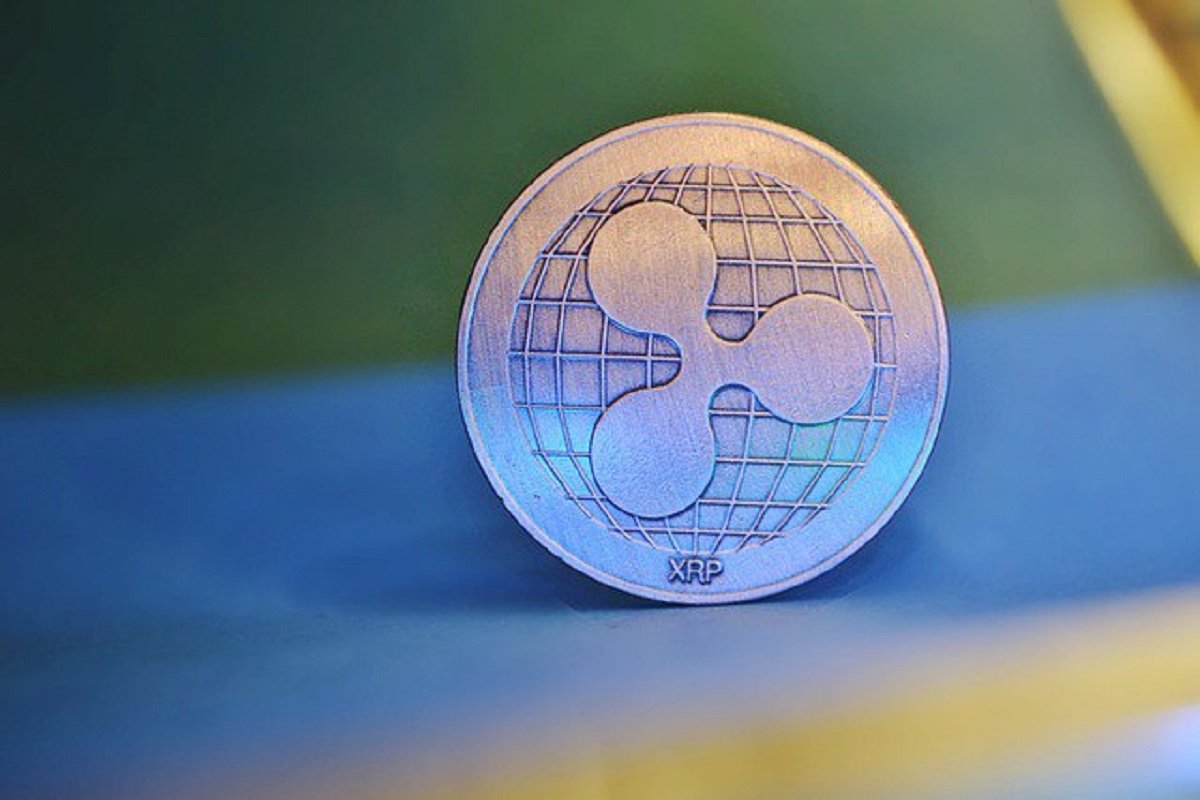- Ripple, in partnership with BCG, predicts tokenized real-world assets will surge to $18.9 trillion by 2033, transforming global finance through blockchain innovation.
- The shift is already underway, driven by institutional demand, regulatory clarity, and evolving technology infrastructure
Ripple and BCG Sound the Alarm on Tokenized Finance
The financial world is on the brink of a major transformation, and Ripple is at the forefront. In a groundbreaking report published in collaboration with Boston Consulting Group (BCG), Ripple predicts that the market for tokenized real-world assets (RWAs) will explode from just $0.6 trillion today to an astonishing $18.9 trillion by 2033. That’s not all—by 2030, the market is expected to hit $9.4 trillion, with a staggering 53% compound annual growth rate.
According to the report, this growth will be powered by increasing institutional demand, regulatory advancements, and blockchain infrastructure innovation. Tokenization is no longer a futuristic concept—it’s becoming the foundation of global finance.
The Three Phases of Tokenization Are Already in Motion
Ripple and BCG outline a three-phase roadmap for the rise of tokenized finance. The first phase is already underway, with institutions tokenizing traditional assets like bonds and money market funds. The second phase involves expanding into complex sectors such as private credit and real estate. Finally, the third phase envisions a world where tokenization touches virtually every aspect of ownership, compliance, and transaction processing—both financial and non-financial.
Markus Infanger, Ripple’s SVP of Global Business, emphasized, “The market is transitioning from tokenized assets simply sitting on-chain to integrating into real economic activity.”
Momentum Is Building—But Challenges Persist
The report identifies key drivers behind this transformation. Jurisdictions like the European Union, UAE, and Switzerland are leading the way with regulatory clarity. Secure wallets, digital custody solutions, and increased M&A activity in the fintech space are creating a “flywheel effect”—where institutional supply and investor interest feed off one another.
However, challenges remain. Infrastructure fragmentation and uneven regulatory landscapes could slow down adoption. Still, BCG’s Bernhard Kronfellner remains confident: “Tokenization is no longer just a concept—it’s the foundation for the future of global finance.”


